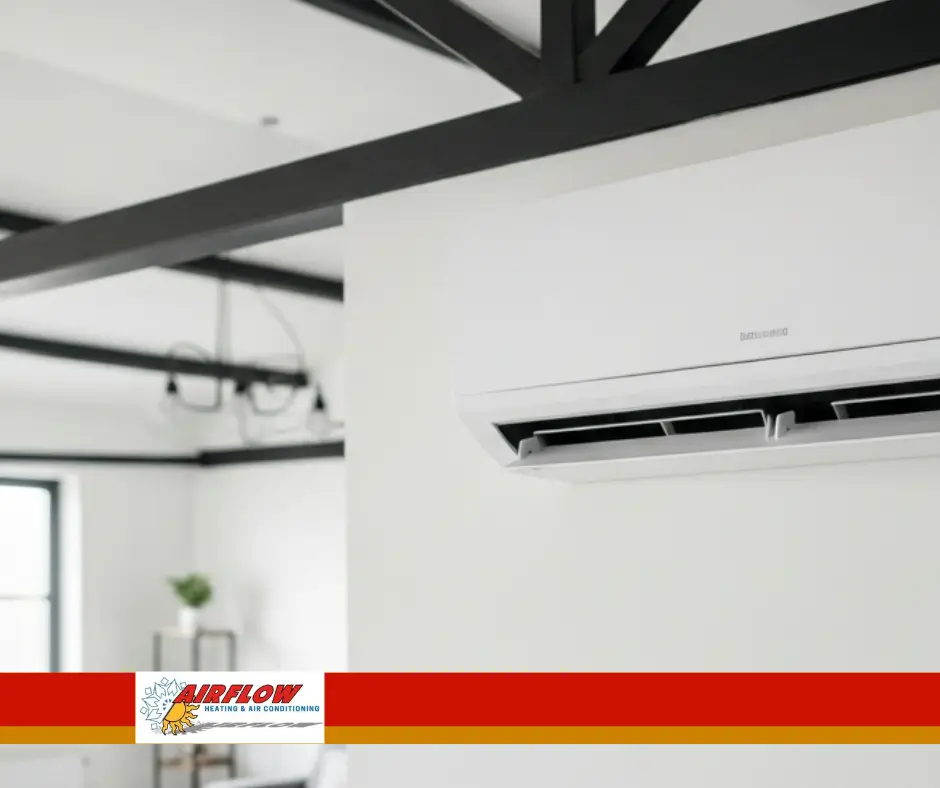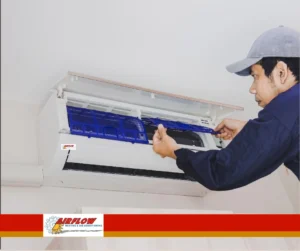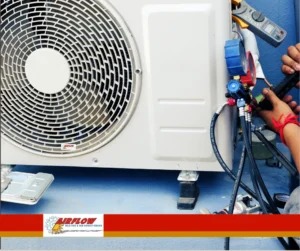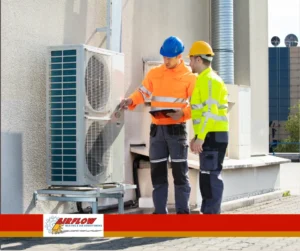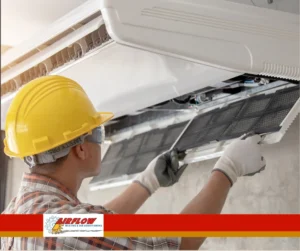When your air conditioning system is working well, it keeps your home cool, comfortable, and energy efficient. But when issues begin to creep in, they can quickly turn into expensive headaches—especially during the peak of summer.
Knowing the warning signs of a failing cooling system can help you take action early. Below are key indicators that your air conditioner may need professional AC repair—or, in some cases, a full replacement.
1. Warm or Weak Airflow
If your vents are blowing warm air—or worse, barely blowing at all—this is often the first red flag. It could point to a clogged filter, blocked ductwork, or a failing compressor. A quick service call can determine whether you need a minor fix or a larger HVAC repair.
2. Unusual Noises
A healthy air conditioning unit runs relatively quietly. Grinding, banging, or squealing sounds often signal internal damage. These noises may come from a worn-out belt, loose part, or motor issue. The sooner these are addressed, the better you can avoid a complete breakdown.
3. Foul Odors Coming from Vents
If your home smells musty when the AC is running, mold or mildew may be growing in the system. A burning or chemical smell could indicate electrical issues. These are serious safety concerns that demand immediate inspection by an air conditioning technician.
4. Frequent Cycling or Constant Running
Your AC should turn on, cool the space, and then shut off for a while. If it constantly cycles or runs non-stop without properly cooling, it’s a sign of deeper inefficiency—possibly due to thermostat malfunctions or low refrigerant levels. In older units, this may be a sign it’s time for an upgrade.
5. Spike in Energy Bills
An unexplained rise in your energy bill often signals your system is using more power than necessary. Aging air conditioning systems become less efficient over time. A professional HVAC inspection can determine if a part needs replacing or if it’s time for a more energy-efficient system.
6. Moisture or Leaks Around the Unit
Pooled water or refrigerant leaks near your unit are cause for concern. Leaks can lead to water damage, mold, and serious health risks. Refrigerant issues can also impair the system’s ability to cool and could damage the environment. Either way, call a qualified AC repair service immediately.
7. Hot and Cold Spots in Your Home
Inconsistent temperatures across rooms may indicate poor airflow, thermostat issues, or duct problems. A well-functioning air conditioning system should cool your entire home evenly. Inconsistent cooling may suggest your system is no longer meeting your home’s demands.
8. Your AC Is Over 10–15 Years Old
Most residential HVAC systems have a lifespan of 10 to 15 years. If your system is within this range and starting to show signs of wear, investing in a new energy-efficient air conditioning system might be more cost-effective than repeated repairs.
9. Frequent Repairs
If you’re calling for repairs more than once or twice a season, you may be throwing money at a system that’s on its last legs. Replacing your air conditioning unit can provide better reliability, increased efficiency, and long-term savings.
10. Lack of Regular Maintenance
Have you skipped seasonal checkups? Neglecting regular air conditioning maintenance can lead to small issues snowballing into major failures. Even if your AC seems to be working, lack of maintenance may hide internal damage that reduces system lifespan.
Repair or Replace? How to Decide
Here’s a quick rule of thumb: if your AC repair cost exceeds 50% of the cost of a new system—and the unit is over 10 years old—replacement is usually the better option. Always compare the cost of repair, energy savings, and warranty benefits before making your final decision.
Final Thoughts: Don’t Wait for a Complete Breakdown
Being proactive about your air conditioning system can save you hundreds (or even thousands) of dollars in the long run. If your AC is underperforming, noisy, or driving up your energy bills, it’s time to consult an experienced HVAC technician.
With regular maintenance and timely repairs, you can keep your home cool and comfortable—without the stress of emergency replacements.
READ MORE:

